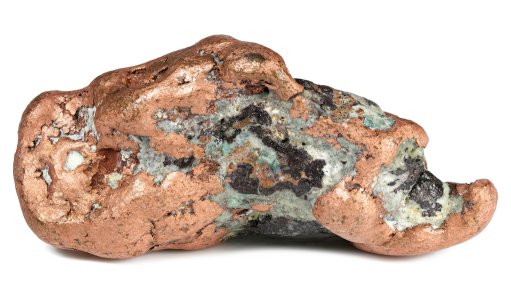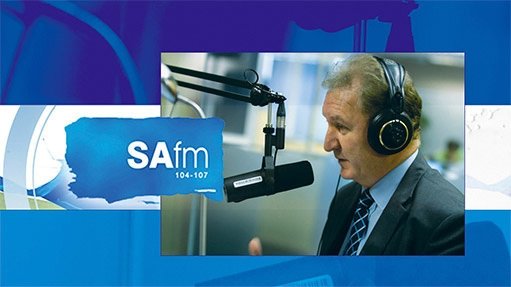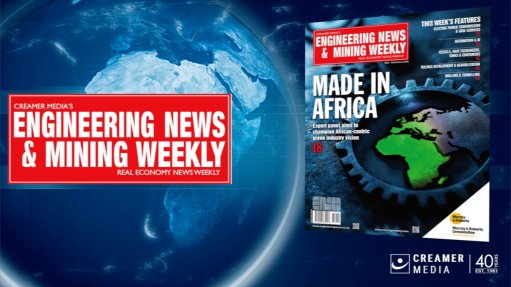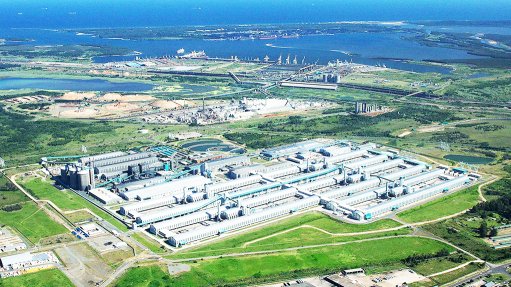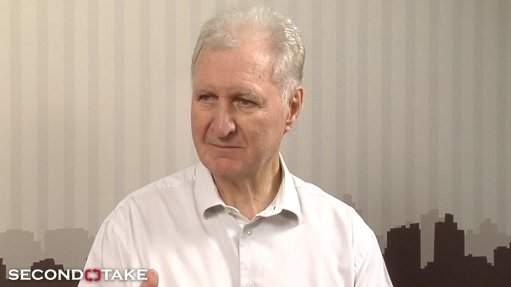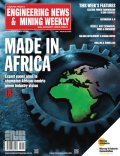Great potential in Zim Mining despite challenges


MIHLALI SITEFANE The biggest potential in the Zimbabwean mining industry lies in the lithium and coal deposits, with the lithium subsector leading this growth
Despite the Zimbabwean mining sector exhibiting positive indicators, such as increased sector growth, economic growth and new legislative interventions aimed at increasing the ease of mining, the sector still faces harsh economic sanctions, disruptions to electricity supply and unfavourable economic conditions, says law firm Sitef and Co director Mihlali Sitefane.
The biggest potential lies in the lithium and coal deposits, with the lithium subsector leading this growth.
Sitefane adds that the 2022 yearly report, published by Zimbabwe’s Chamber of Mines, states that lithium output grew by 183% year-on-year in 2022, and coal output by 29% from 2021 to 2022.
“This demonstrates the incredible potential for the mining and energy sectors in Zimbabwe.”
However, she points out that the mining industry faces three primary challenges: economic sanctions, inadequate infrastructure and political instability.
Peacekeeping organisation the United Nations declared that the sanctions imposed on Zimbabwe by the European Union, the US and other western countries, violate international law and “adversely impact Zimbabweans’ fundamental human rights”.
Sanctions contribute to the perception that Zimbabwe is a high-risk-profile country for investment, which deters foreign investment, Sitefane outlines.
Another challenge is the adverse state of Zimbabwe’s infrastructure, which negatively impacts on the country’s domestic and industrial electricity supply.
Most of Zimbabwe’s electricity is generated by coal-fired thermal power plants and hydropower plants, with the total generating capacity exceeding 2 000 MW.
However, Sitefane notes that the country is producing only about 1 400 MW because of regular breakdowns at its thermal power stations, while water shortages affect its main hydropower plant. Hence, the unstable supply of electricity poses a significant challenge for the mining sector.
The primary challenge; however, is the political instability in the country, she argues, with civil unrest, protest action and growing tension among the supporters of the various political parties that have varying levels of influence in the country.
“Political instability in Zimbabwe, whether actual or perceived, makes it challenging to develop greenfield projects, operate existing mines in the country, attract international investment and for miners to raise capital for projects,” Sitefane laments.
Legislation
There are also hinderances to investment from a legislative perspective, including the country’s Indigenisation and Economic Empowerment laws; foreign exchange regulations and export restrictions; and difficulty in obtaining mining licences, permits and/or other mining approvals.
Indigenisation laws require that a certain prescribed minimum percentage of the economic interests in a mining project must be held by Zimbabwean citizens.
However, Sitefane notes that the Zimbabwean government, in a statement released on February 2, 2023, announced that the mining industry has been exempted from complying with the equity threshold outlined in the Indigenisation and Economic Empowerment Act of 2007.
“Although this change bodes well for foreign investment in the mining industry, it could be criticised for disempowering Zimbabweans and leaving them with fewer rights now than they had before the announcement.
“While these policies are well intentioned, their ambiguity and the inconsistency in their implementation cause concerns for potential investors,” she argues.
Further, exchange controls and export restrictions are primarily governed by the Exchange Control Act of 1965, and while the Act does not restrict foreign currency into Zimbabwe, it does restrict foreign currency out of the country above a prescribed threshold.
“From an investor perspective, these export restrictions are seen as a restriction on the repatriation of profits. Further, delays or difficulties in transferring funds out of the country can impact on the financial viability of mining projects,” she adds.
To address this, Sitefane suggests that government could increase the legislative threshold for mining companies to export foreign currency and, to guard against abuse, the consent of the Reserve Bank of Zimbabwe, and/or any other government functionary, may be sought.
Moreover, the mining industry is primarily governed by the Mines and Minerals Act, with the process for obtaining various mining titles in terms of the Act tending toward being “lengthy and cumbersome”, which could delay project development and increase operational costs. The recent Mines and Minerals Bill of 2022 seeks to remedy this.
“Zimbabwe is endowed with key minerals, including lithium, gold, platinum, coal and diamonds. Investment in the mining sector and the promotion of mineral development will benefit not only Zimbabwe but also the continent,” Sitefane concludes.
Comments
Announcements
What's On
Subscribe to improve your user experience...
Option 1 (equivalent of R125 a month):
Receive a weekly copy of Creamer Media's Engineering News & Mining Weekly magazine
(print copy for those in South Africa and e-magazine for those outside of South Africa)
Receive daily email newsletters
Access to full search results
Access archive of magazine back copies
Access to Projects in Progress
Access to ONE Research Report of your choice in PDF format
Option 2 (equivalent of R375 a month):
All benefits from Option 1
PLUS
Access to Creamer Media's Research Channel Africa for ALL Research Reports, in PDF format, on various industrial and mining sectors
including Electricity; Water; Energy Transition; Hydrogen; Roads, Rail and Ports; Coal; Gold; Platinum; Battery Metals; etc.
Already a subscriber?
Forgotten your password?
Receive weekly copy of Creamer Media's Engineering News & Mining Weekly magazine (print copy for those in South Africa and e-magazine for those outside of South Africa)
➕
Recieve daily email newsletters
➕
Access to full search results
➕
Access archive of magazine back copies
➕
Access to Projects in Progress
➕
Access to ONE Research Report of your choice in PDF format
RESEARCH CHANNEL AFRICA
R4500 (equivalent of R375 a month)
SUBSCRIBEAll benefits from Option 1
➕
Access to Creamer Media's Research Channel Africa for ALL Research Reports on various industrial and mining sectors, in PDF format, including on:
Electricity
➕
Water
➕
Energy Transition
➕
Hydrogen
➕
Roads, Rail and Ports
➕
Coal
➕
Gold
➕
Platinum
➕
Battery Metals
➕
etc.
Receive all benefits from Option 1 or Option 2 delivered to numerous people at your company
➕
Multiple User names and Passwords for simultaneous log-ins
➕
Intranet integration access to all in your organisation






